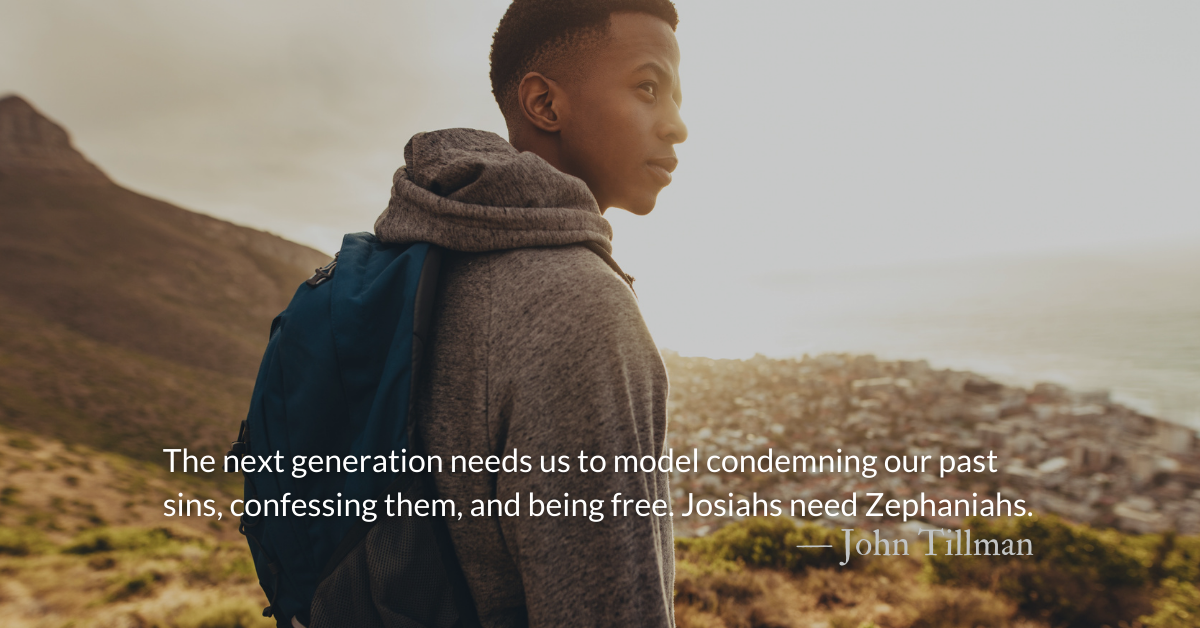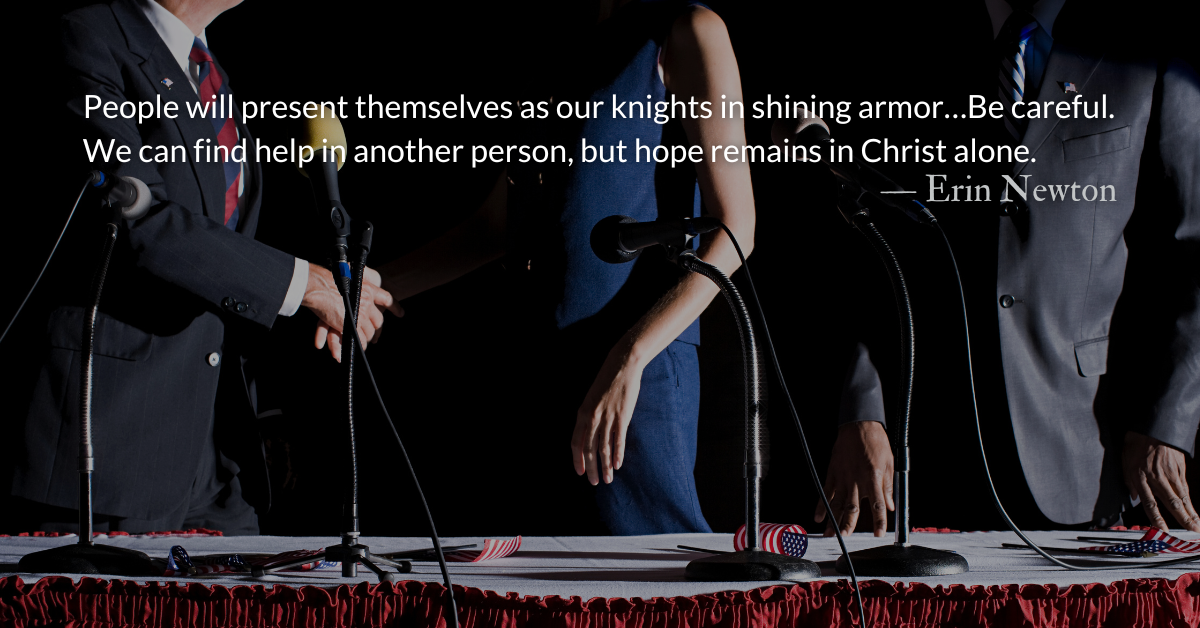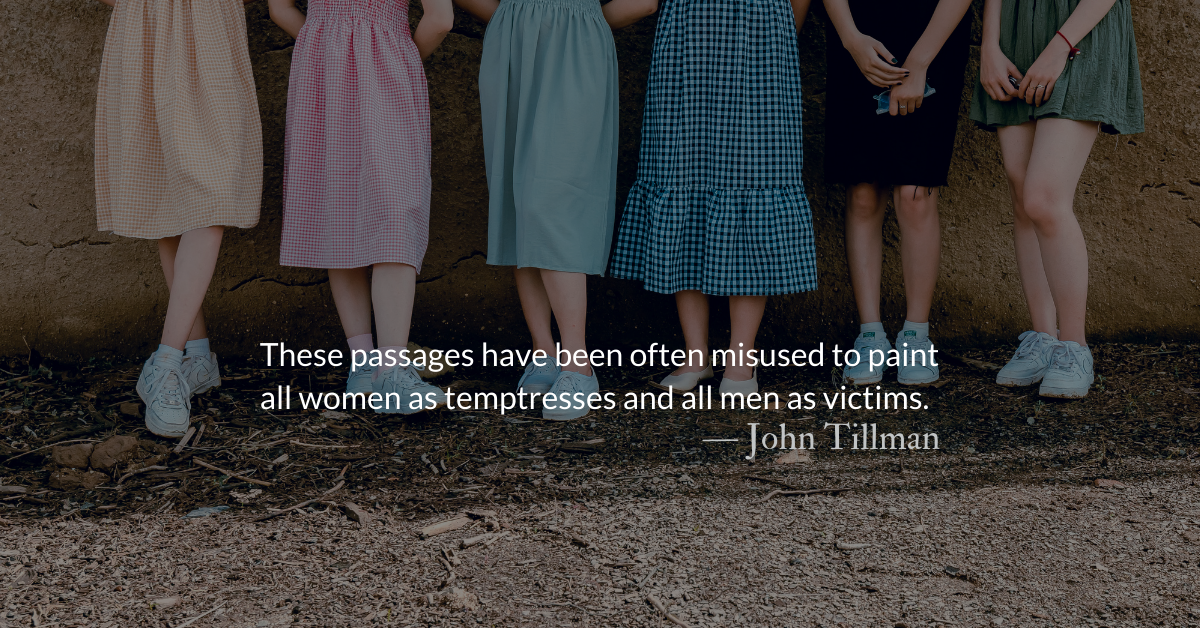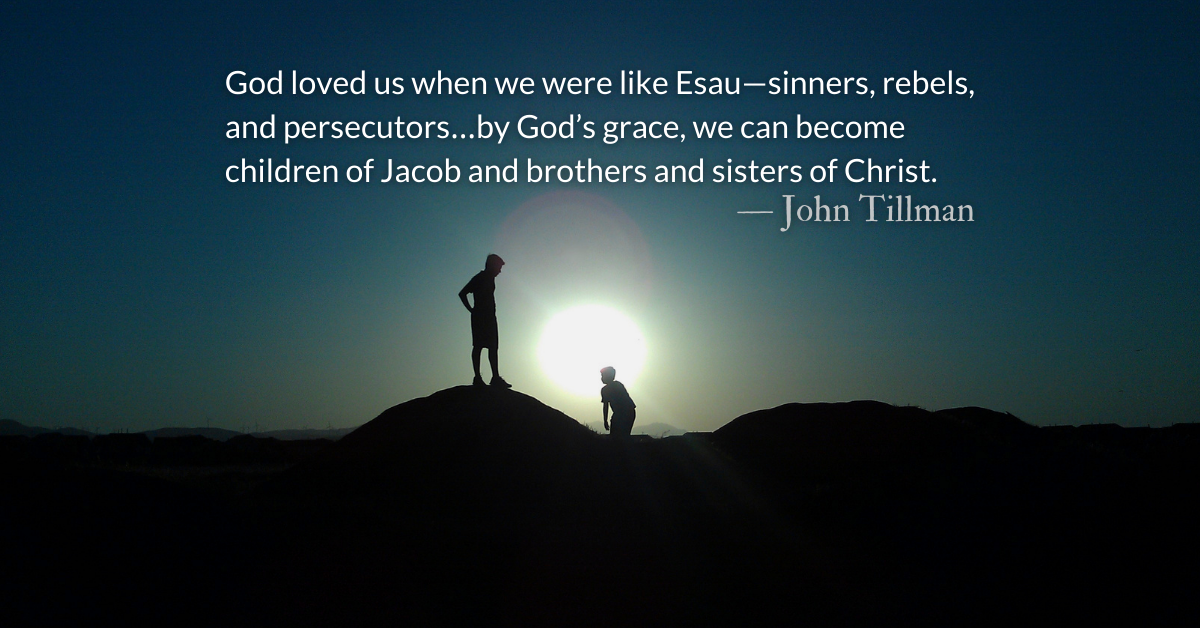Readers’ Choice Month:
This September, The Park Forum is looking back on readers’ selections of our most meaningful and helpful devotionals from the past 12 months. Thank you for your readership. This month is all about hearing from you. Submit a Readers’ Choice post today.
Today’s post was originally published, on May 16th, 2022, based on Zephaniah 3.1-5
It was selected by reader, MT
Scripture Focus: Zephaniah 3.1-5
1 Woe to the city of oppressors,
rebellious and defiled!
2 She obeys no one,
she accepts no correction.
She does not trust in the Lord,
she does not draw near to her God.
3 Her officials within her
are roaring lions;
her rulers are evening wolves,
who leave nothing for the morning.
4 Her prophets are unprincipled;
they are treacherous people.
Her priests profane the sanctuary
and do violence to the law.
5 The Lord within her is righteous;
he does no wrong.
Morning by morning he dispenses his justice,
and every new day he does not fail,
yet the unrighteous know no shame.
Reflection: Josiahs Need Zephaniahs—Readers Choice
By John Tillman
Zephaniah ministered during the early reign of child-king Josiah. Zephaniah and Josiah have a common relative. They each trace their heritage back to Hezekiah.
Zephaniah’s writing condemned the established officials, political bureaucrats, the priesthood, and the prophets. These writings may have influenced Josiah when, eight years into his reign, the 16-year-old began to “seek the God of his father, David.” (2 Chronicles 34.3)
Josiah had many faithful “fathers” to look back to, including Hezekiah, Uzziah, and Jehosaphat, as well as faithful “uncles” like Zephaniah. However, none were perfect. The biblical narrative highlights this.
The changes Josiah implemented were the most complete and remarkable revival in Judah’s history. Josiah is the last “good” leader Judah has before she falls. His reign was a bright flash of possibility before everything went dark.
We are often tempted to think of “the good old days” with an idealistic glow recalling the past in the best possible light. However, the history of any country, any city, or any individual, is a mixed bag. Nostalgia doesn’t do us any favors.
When Zephaniah called Jerusalem, “the city of oppressors” he wasn’t being overdramatic. Israel went from being oppressed to being liberated, to being oppressors themselves. God warned them from the start that the kings they demanded would become oppressors. (1 Samuel 8.6-19) The kings, beginning with Saul, proved God right, modeling themselves on other nations.
The leaders Zephaniah condemned wanted God to powerfully save them from Assyria. They wanted a revival of the economy and of their military power…they just weren’t willing to have a spiritual revival that required any level of sacrifice or repentance.
If we long to see youth, like Josiah, rise up to lead revival instead of abandoning faith, we need to be like Zephaniah, unafraid to boldly speak of, condemn, and repent of sin. There’s no use skirting the truth about individual, city-wide, or national sins. Sins hidden grow stronger. Sins denied become recurring. Sins defended become systemic. The next generation needs us to model condemning our past sins, confessing them, and being free. Josiahs need Zephaniahs.
We have a common heritage in a greater king than Hezekiah. We trace our righteousness not to ourselves or our past but to Jesus. He is the standard we should point to and the one true king we must teach future generations to serve and model themselves after.
Divine Hours Prayer: A Reading
Jesus taught us, saying: “Watch yourselves, or your hearts will be coarsened by debauchery and drunkenness and the cares of life, and that day will come upon you unexpectedly, like a trap. For it will come down on all those living on the face of the earth. Stay awake, praying at all times for the strength to survive all that is going to happen, and to hold your ground before the Son of man.” — Luke 21.34-36
– From The Divine Hours: Prayers for Summertime by Phyllis Tickle.
Today’s Readings
Jeremiah 35(Listen -3:43)
1 Corinthians 11 (Listen – 4:20)
This Weekend’s Readings
Jeremiah 36(Listen -5:54), 1 Corinthians 12 (Listen – 4:25)
Jeremiah 37(Listen -3:25), 1 Corinthians 13 (Listen – 2:23)
Readers’ Choice is Here!
What post from the last 12 months helped you forgive others or yourself? Tell us about it and we’ll reshare it this month.
Read more about Learning from the Suffering
Many “deconstructors” are spurred into this process by suffering. Some experienced sexual abuse or abuse of power. Many witnessed the defense and covering up of these kinds of abuse.











